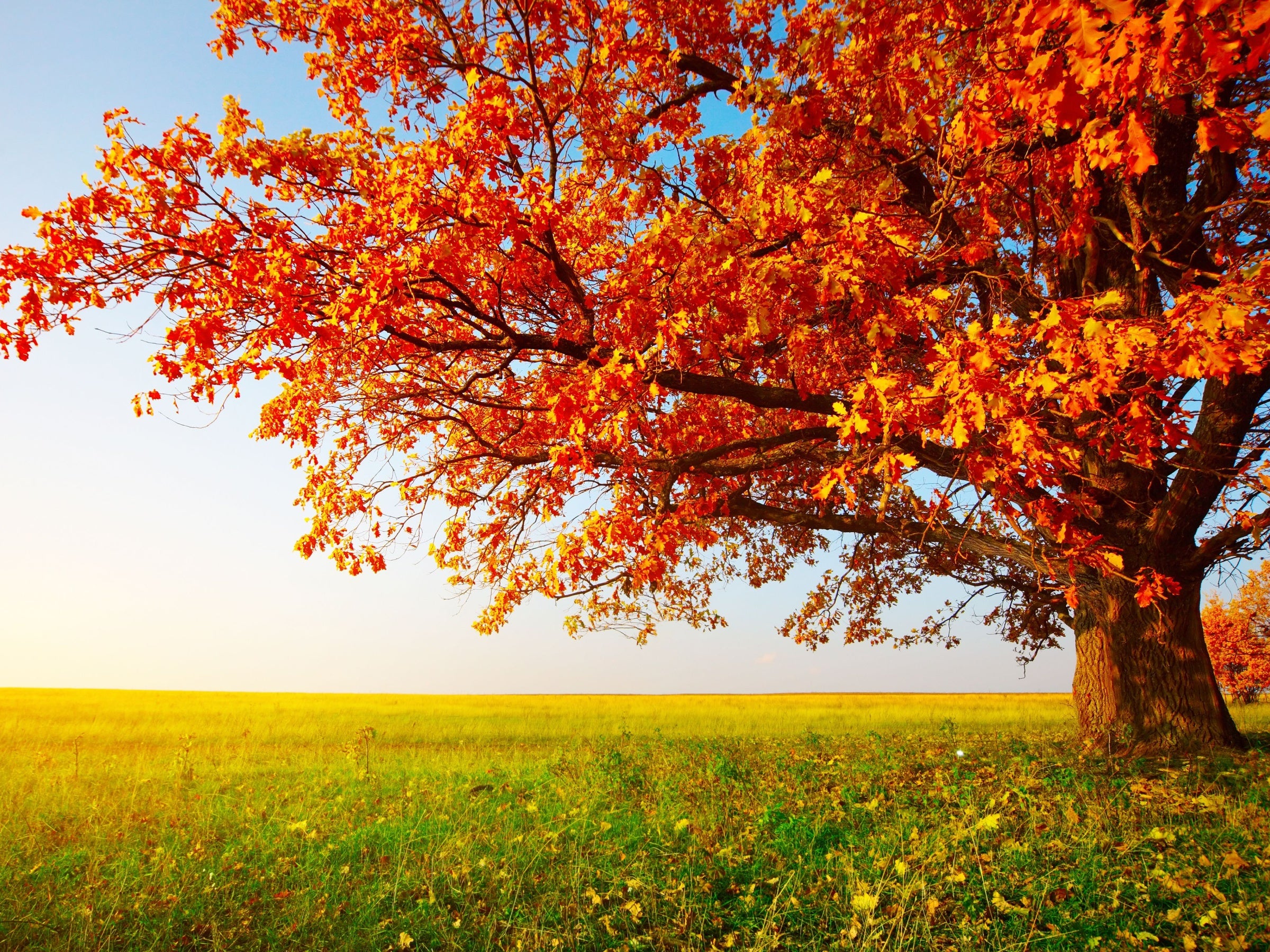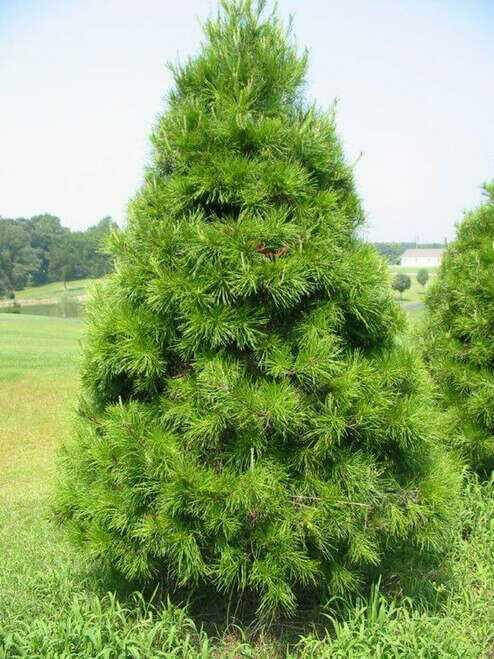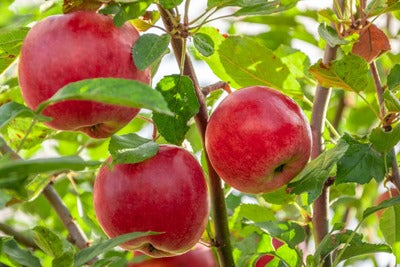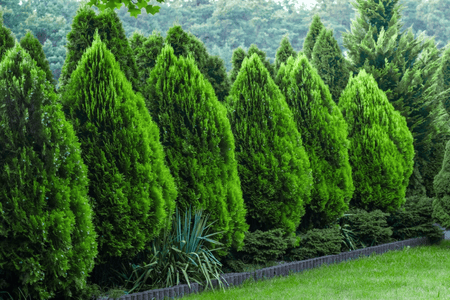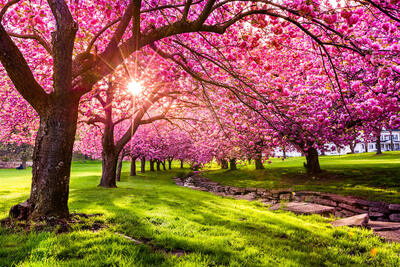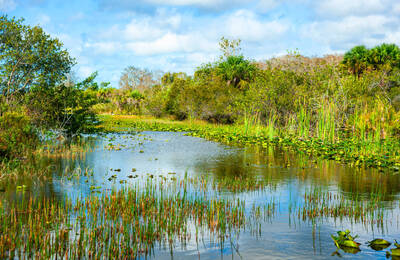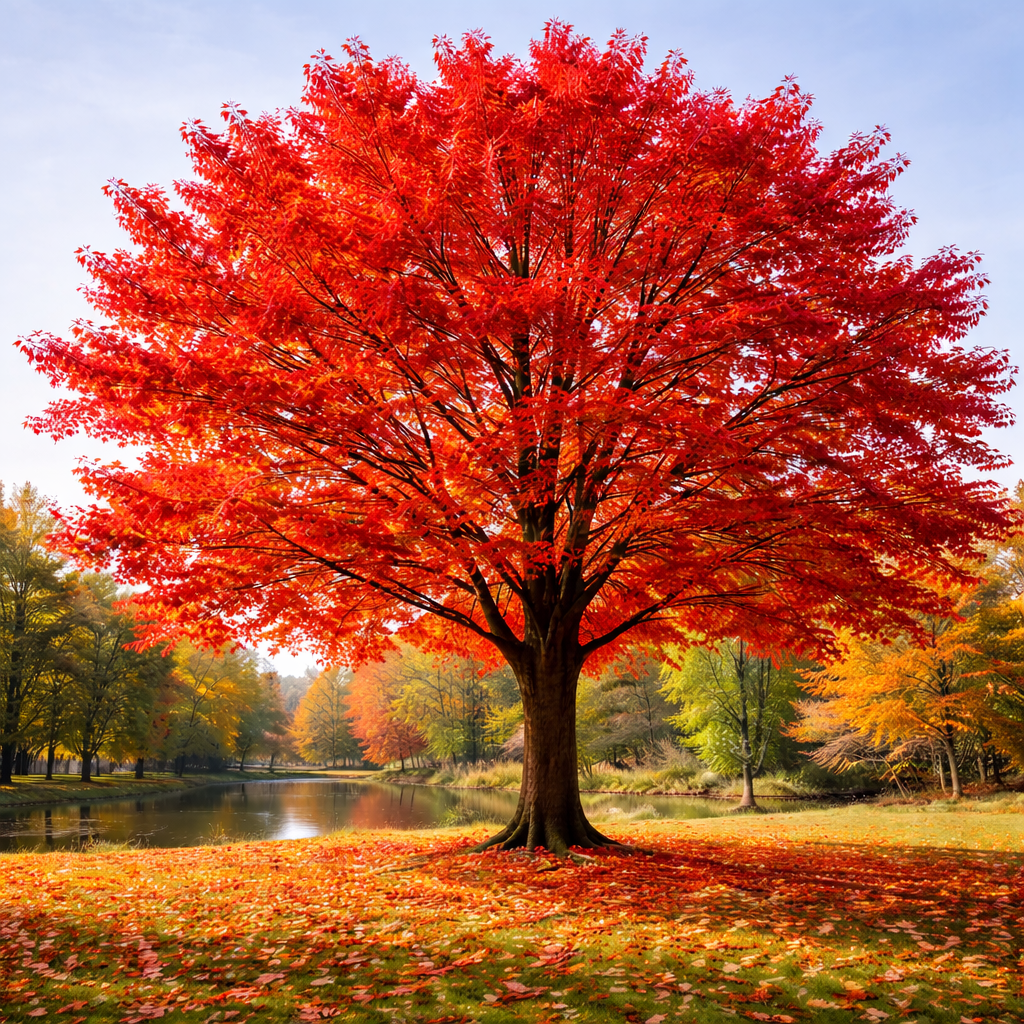Trees for Sale – Premium Landscaping & Native Tree Varieties
Shopping for trees for sale is more than choosing a plant—it’s choosing shade, structure, and long-term value for your property. Trees enhance curb appeal, cool homes naturally, support wildlife, and improve air quality, all while creating a landscape that matures beautifully over time. Homeowners, landscapers, and restoration professionals are increasingly seeking native and climate-adapted trees because they establish more quickly, require less maintenance, and thrive naturally in their environment.
Best-Selling Trees for Sale
- Oaks
- Maples
- Mimosa
- Redbuds
Planting a tree is an investment that pays dividends for decades. Whether lining a driveway, creating backyard privacy, adding seasonal color, or building a legacy landscape, these customer favorites deliver beauty, resilience, and dependable growth. Each variety is chosen for performance, longevity, and adaptability across multiple planting zones.
Browse Our Trees for Sale – Fast-Growing, Native & Classic Options
Our collection of trees for sale online features bare-root specimens carefully grown and shipped directly from our nursery. Bare-root trees establish quickly, develop stronger root systems, and adapt efficiently to their new environment. From fast-growing trees for quick coverage to slow-growing hardwoods built for generations, every tree arrives healthy, dormant, and ready to thrive.
Popular Tree Categories
Shade Trees
Ideal for cooling homes, patios, and outdoor living spaces naturally. Shade trees help reduce energy costs while creating comfortable, inviting landscapes.
Flowering
Known for stunning seasonal blooms and strong visual appeal, flowering trees add character and attract pollinators throughout the growing season.
Evergreen
Providing year-round color, privacy, and wind protection, evergreen trees offer consistent structure and natural screening in all seasons.
Fruit & Nut
Valued for both beauty and productivity, fruiting trees deliver spring blossoms and homegrown harvests that enhance any landscape.
Why Buy Trees Online from TN Nursery?
With decades of hands-on growing experience, we specialize in hardy, well-rooted trees selected for real-world performance. Our trees are grown with attention to soil health, dormancy cycles, and regional adaptability, ensuring higher survival rates after planting. When you buy trees online from us, you’re choosing proven quality, knowledgeable service, and plants selected to succeed in your climate.
From the first planting hole to decades of growth, our trees for sale offer lasting beauty, function, and environmental value. Explore our best sellers and plant trees that grow stronger with every season.
